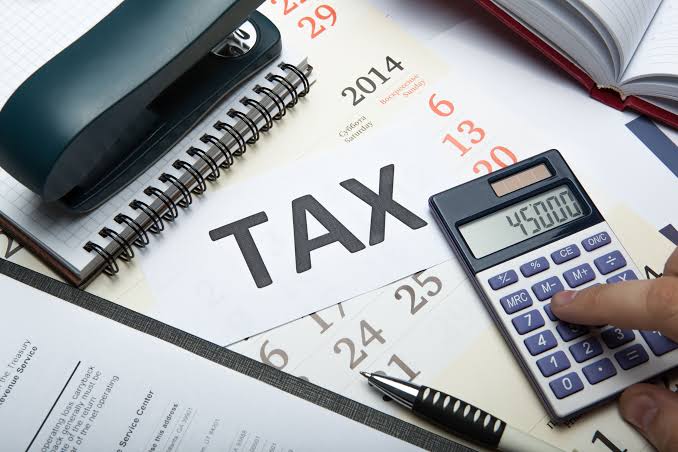Renewed Hope: Harnessing The Power Of Property Related Taxes In Nigeria
AYO ALLI-BALOGUN

Landed properties have proven to be one of the most visible indicators of personal wealth. As they are easily identified and immovable, it makes generating revenue from them relatively easy for both landlords and governments. In most OECD countries, property taxes account for 1-2% of their Gross Domestic Product (GDP), while in other countries collection amounts to only 0.1 – 0.2% of their GDP.
Revenue potentials from the property related taxes include Land Use Charge, Capital Gains Tax, Withholding Tax on rental Income, Personal Income on Rental Income, Stamp Duties, Building Plan Approvals, Ratification and regularisation fees.
Although Nigeria’s real estate market has been valued at an estimated $56 billion and our urban-centric economic growth/continued urbanisation boost real estate values whilst generating enormous wealth for property owners, revenue from property tax remains abysmally low compared to other countries.
Property taxes are widely recognised as an economically efficient and progressive revenue source; the current revenue compared to the size of the Nigerian Economy show that the enormous potential has not been fully tapped by the country’s sub national Governments.
In most states, the processes in place for tax collection are inefficient and ineffective, leading to lost revenue. The current systems are characterised by weak or non-existent legal frameworks, inefficient property enumeration, narrow coverage of issued assessments, non-delivery of assessment notices, and inadequate enforcement mechanisms.
In order to drive an efficient and effective property tax system, we need a strong legal framework partnered with a robust IT platform with GIS property identification features, and the ability to seamlessly handle identification of properties in the state. There also needs to be a working system for preparation of tax rolls, issuing tax bills, collecting taxes, responding to assessment appeals, dealing with arrears, and payment enforcement. Most importantly, our tax system will benefit from the integration of useful data relating to properties, owners, and occupants which are currently siloed in different government departments.
Finally, in pursuance of our dream for an effective property tax system. Addressing the issue of ‘well connected’ individuals, who use their power to frustrate the system, must be of utmost importance. It is therefore, incumbent on Governors to demonstrate political will to collect revenue from this viable source and plug all necessary loopholes.
*Ayo Alli-Balogun is a Fellow of Chartered Institute of Taxation of Nigeria/Former Head of Physical Planning Unit LIRS.











